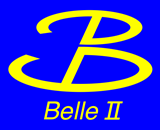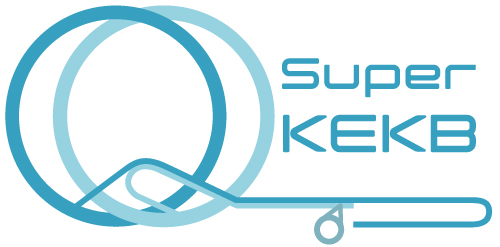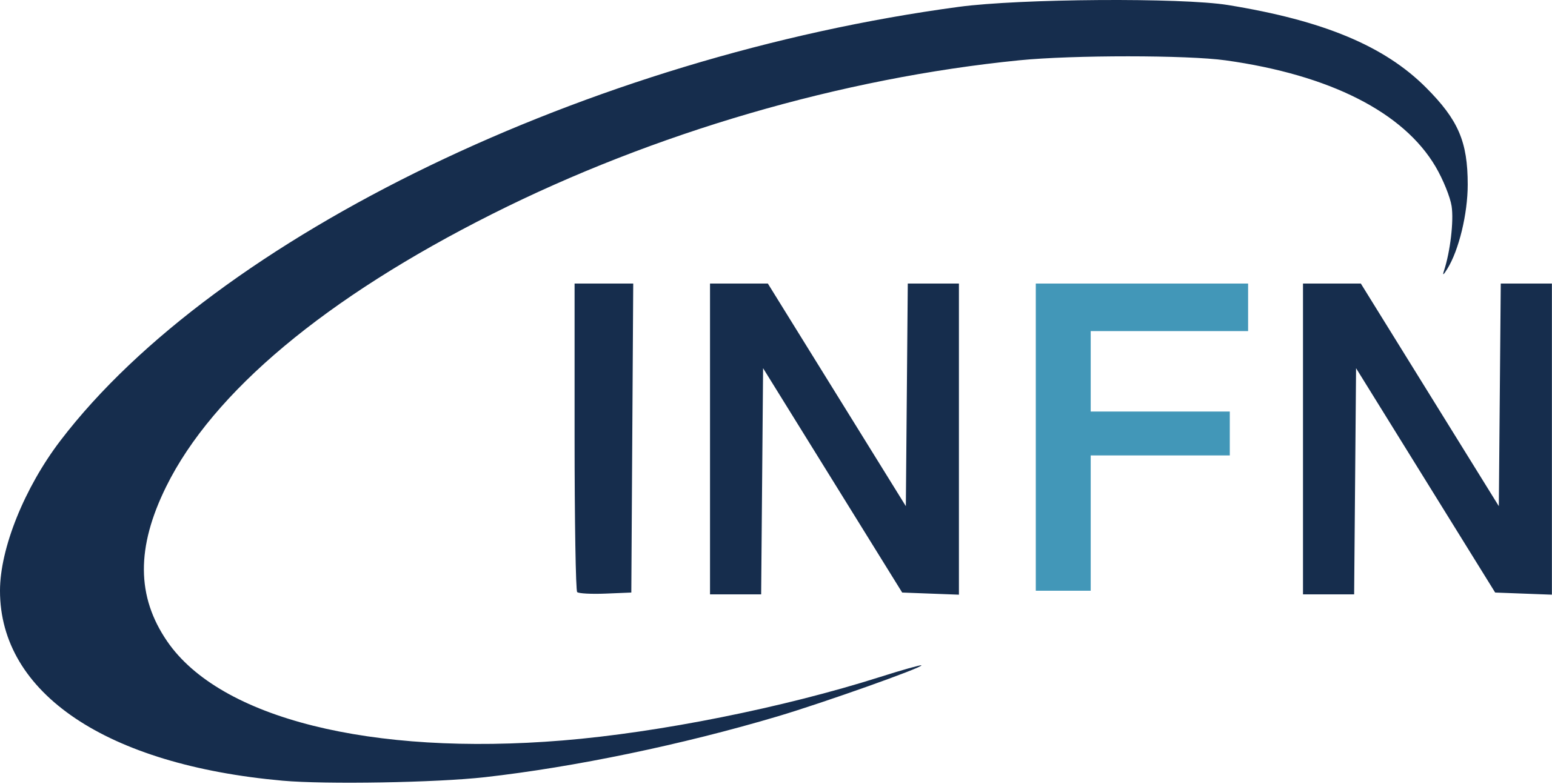First-help tutorial for newcomers (MSc students, PhD students, postdocs) on the administrative procedures of the organisations (University of Trieste, INFN, KEK, Belle II, Italian State, ...) directly or indirectly involved in our research work. One section is devoted to the specific needs of non-EU citizens. Disclaimer: administrative procedures may change in time, often without warning: always cross-check the present instructions with the relevant contact persons. (latest update: LL 24.03.2024)
Student/postdoc categories:
Procedures:
- INFN association
- Protection and prevention, professional risks
- INFN account
- Working in Belle II at KEK
- Housing
- Health insurance
- Non-EU citizens
- Miscellanea
MSc students
Checklist for or students approaching graduation:
- procedures and deadlines of the University of Trieste, Department of Physics; list of contacts.
- INFN association.
- Protection and prevention, professional risks.
- INFN account.
- Working in Belle II at KEK.
Go back to the Table of Contents...
PhD students
Checklist for PhD students of the Graduate program in physics of the University of Trieste:
- PhD School "handbook" (enrolment, choice of the thesis supervisor, preparation and submission of a preliminary research program, courses offered by the graduate program and corresponding exams, presentation of yearly reports on the research activity, final exam); PhD School administration contacts.
- INFN association.
- Protection and prevention, professional risks.
- INFN account.
- Working in Belle II at KEK.
- Travel expenses: reimbursement by University or INFN
- Housing and health insurance.
- Non-EU citizens.
Go back to the Table of Contents...
UniTS postdocs
Checklist for postdoc research fellowships (or "assegno di ricerca") granted and managed by the University of Trieste (UniTS):
- UniTS administrative contacts (for entry procedures, etc) at the Department of Physics
- INFN association.
- Protection and prevention, professional risks.
- INFN account.
- Working in Belle II at KEK.
- Travel expenses, INFN reimbursement;
- Housing and health insurance.
- Non-EU citizens.
Go back to the Table of Contents...
INFN postdocs
Checklist for postdoctoral research fellowships (or "assegno di ricerca") granted and managed by INFN:
- INFN administrative contacts for entry procedures.
- Protection and prevention, professional risks.
- INFN account.
- Working in Belle II at KEK.
- Travel expenses: INFN reimbursement.
- Housing and health insurance.
- Non-EU citizens.
Go back to the Table of Contents...
INFN association
The INFN association allows students and research fellows from other institutions (UniTS, ...) to use INFN resources: laboratories, computers, travel money, insurance coverage for professional accidents and radiation risks.
- The association roles are conferred by the INFN President upon proposal of the Director of the INFN Section of Trieste.
- Instructions for submitting requests of INFN association, and the corresponding administration contacts, are given in the dedicated INFN web page.
- MSc students are required to provide their list of exams and average grade (minimum: 26/30 and 24/30 for physics and technology theses respectively) when submitting the association request. Their associations expire on the date of their final exam; the maximum duration is 12 months, not renewable.
- PhD students are required to provide the authorization of the graduate program coordinator (
This email address is being protected from spambots. You need JavaScript enabled to view it. ) and a copy of the "lettera di conferimento", or an "auto-certificazione" (see the INFN association web page), when submitting their association request. Doctoral students associations have a duration equal to the duration of the doctoral course, and can be extended by a maximum of six months. - UniTS postdocs should provide an attestation of the attribution of their contracts by their institutions. Their associations have a duration equal to the duration of their contracts.
Go back to the Table of Contents...
Protection and prevention, professional risks
Your supervisor will fill a form, specifying your work environment (use of video-terminals, electrical equipment, chemicals, radioactive sources, ...); both you and the Belle II Trieste group leader will sign off. The INFN Protection and Prevention office will file your form and define the mandatory safety training for the prevention of your professional risks, and the corresponding medical examinations. Please note that a mandatory final medical examination is required, when terminating your contract.
If your research activity requires the manipulation of radioactive sources or to access radiation-controlled experimental areas, you will be classified as a radiation worker, to be subjected to specific medical examinations and radiation safety training. Here are some pointers to the relevant information:
- INFN radiation protection web page: the secretary of the radiation protection office will book your blood tests, medical examinations, and eye examinations, which are required for radiation workers. She will also get the KEK "Form 10" filled and signed by the radiation safety officer of INFN Trieste.
- KEK radiation safety checklist: to access radiation-controlled areas at KEK, every Japanese fiscal year you will have to fill and print the "statement of acceptance as radiation worker (Form 10)", and attend KEK radiation safety training. The bottom part of "Form 10" must be filled and signed by the radiation safety officer of the home institution (INFN Trieste), and delivered to the KEK office.
Go back to the Table of Contents...
INFN account
To use INFN computing resources and interact with the administration for travel authorizations and reimbursements, you will request an account to the INFN computing and networking service. To keep the account beyond a grace period of one month, you must complete a cybersecurity training course.
Go back to the Table of Contents...
Working in Belle II at KEK
Registration procedures for Belle II members:
- All Belle II users (collaboration members as well as students, technical staff, and visitors) must register with the Belle II Membership system (B2MMS) to obtain credentials (account / password) to login to the Belle II collaborative services and tools. Please follow the steps described in the Belle II User registration checklist.
- The registration with KEK is mandatory for all Belle II users who want to visit KEK, the Belle II detector site, and need access to computing resources at KEK. Please follow the steps described in the KEK registration checklist (only after having successfully registered in B2MMS).
Go back to the Table of Contents...
Housing
Some advice concerning accommodation in Trieste is offered by the FVG Welcome Office of the Area Science Park, hosting part of the Trieste INFN labs.
- For students, the easiest and cheapest option may be room rental in a shared apartment downtown. This kind of accommodation is advertised in several web sites; social networks of students and friends may also be helpful.
- Private accommodation in rental apartments requires interactions with landlords and agencies. Besides following the useful tips by the Welcome Office, when finally signing the rental contract you may need some help from Italian-speaking colleagues.
- The Area Science Park Guest House, located in the Padriciano campus close to the INFN lab, is a convenient temporary solution after your arrival, if you are still searching for a longer-term accommodation downtown. It has a drawback, if you do not drive your own car: in the evenings public transportation is very limited to/from downtown Trieste and the nearby villages, where you can find shops and restaurants.
- See also the Univ. of Trieste "Living in Trieste/Accommodation" web page.
Go back to the Table of Contents...
Health insurance
Health insurance is one of the requirements for the residence permit of non-EU citizens.
- Italian Health Insurance System (SSN): The healthcare system in Italy is a regionally based national health service known as Servizio Sanitario Nazionale (SSN). It provides universal coverage to citizens and residents, with public healthcare largely free of charge. Treatments which are covered by the public system and a small co-payment include tests, medications, surgeries during hospitalization, family doctor visits and medical assistance provided by pediatricians and other specialists. Furthermore, medication, out-patient treatments and dental treatments are also available. Non-urgent treatments may be subject to rather long waiting queues.
- Registration with the SSN system: details about "mandatory" and "voluntary" registrations can be found here.
- Mandatory registration is free if your contract includes the payment of IRPEF (income tax).
- Voluntary registration if your contract/fellowship does not foresee the payment of IRPEF. In this case the payment of a fee is due. As of year 2024, the minimum yearly fee is 700 euros for PhD students and 2000 euros for postdoc contracts.
- Private Health Insurance is a possible alternative: the private insurance schemes offer a variety of specialists and medical examinations and may include family members. Medical expenses are reimboursed after the payment from your own pockets.
- Your contacts at the (University or INFN) personnel offices will advise you on the choice between SSN and a suitable private health insurance, acceptable for the residence permit. Please be aware that serious illness involving several medical tests and/or hospitalization/surgery may require you to anticipate substantial amounts of money, if you opt for a private insurance.
Go back to the Table of Contents...
Non-EU citizens
As a non-EU citizen you must be aware that there are some formalities to be completed before and upon your arrival, in particular about visa and residence permit. The FVG Welcome Office gives general and specific instructions on these procedures in the "entry and stay" web page. Assistance in these procedures during the UniTS/INFN enrolment will be provided by:
- the Department of Physics offices, for UniTS PhD students and postdoc fellows;
- the INFN Personnel Office, for INFN postdoc fellows.
Preview of the main steps in the entry procedures for non-EU citizens:
- Visa: Non EU/EEA citizen willing to come to Italy may need an entry visa for short and long stay (less or more than 90 days):
- Study visa are granted to foreigners willing to enrol in graduate and post graduate programme (Post graduate training, PhD), to attend single courses, to take in exchange programme, etc., upon the submission of a proof documentation provided by the host institute (UniTS).
- Research visa may be granted to researchers upon the submission of a hosting agreement signed with research institutions such as UniTS and INFN.
- Tax Identification Number (Codice Fiscale) is an individual tax identification code required in Italy for all sort of procedures e.g. opening a bank/post account, applying for the national health service, renting a flat, etc. It is free of charge and it is issued immediately with an on-line application. It is usually obtained together with the visa; otherwise the application is made at the Immigration Desk after arrival in Italy (see below).
- Italian mobile telephone number: a growing number of on-line procedures (banks, etc.) use your cell phone as part of your identification.
- Bank or Post account: in order to get your salary, you need a SEPA (Single Euro Payments Area) bank or post account. You may be asked to provide one or more of the following documents to open such an account:
- Passport or valid ID
- Tax Identification Number
- Italian mobile telephone number
- Residence certificate or valid Residence Permit and proof of your condition (work contract or pay slip).
- Residence Permit request:
- Study residence permit and Research residence permit: foreigners holding a visa for study or research (long term Type D) must apply for the permit of stay within 8 days from the arrival in Italy. Non-EU family members may obtain a Family residence permit.
- The (UniTS or INFN) personnel offices will book an appointment for you at the Immigration Office, where you will receive a "request kit" 'Richiesta di rilascio/rinnovo del permesso/carta di soggiorno per cittadini stranieri' , to be filled out and sent by post, at any Post Office. You may need help from an Italian-speaking person to decode and fill the request form; instructions in English on the form and the list of documents to be included are available for both Study residence permit and Research residence permit. Documentation about proof of accommodation, means of subsistence, health coverage for the duration of the permit and any other papers according to the purpose of the stay (i.e. enrolment letter, work contract, research grant, etc.) must be included in the kit envelope. Attention: keep the postal receipt together with your passport, as this replaces your permit of stay until the original arrives.
- The Post office will automatically book an intermediate "fingerprinting appointment" at the local Questura - Ufficio immigrazione (Police headquarters - Immigration office); at this appointment you will be able to provide any additional document, which might be missing in the submitted request kit.
- The permit will be finally issued by the Questura - Ufficio immigrazione, according to the duration and purpose of the visa (study, research, work, family, etc.) and for a maximum of one year at a time.
- Enrolment (UniTS or INFN): if you survived up to this point, you are fit for enrolment...
- Residence registration: EU and Non EU citizens should register when staying more than 90 days. It is required for registering with the national health service (SSN), exchanging driving license, enrolling children at school etc. The request should be submitted to the registry office (ufficio anagrafe) of the Trieste municipality (Comune di Trieste) in person or by e-mail and will be processed within two working days. More details on the registration process here and here.
Go back to the Table of Contents...
Miscellanea
Additional information on a variety of practical issues (accommodation, entry and stay, health, daily life, family, useful addresses) is available from the home page of the FVG Welcome Office; we list here a few selected items:
- European health insurance card: a free card that gives EU citizens access to medically necessary, state-provided healthcare during a temporary stay in any of the 27 EU countries, Iceland, Liechtenstein, Norway and Switzerland under the same conditions and at the same cost (free in some countries) as people insured in that country. The covered benefits include, for example, benefits provided in conjunction with chronic or existing illnesses as well as in conjunction with pregnancy and childbirth. Cards are issued by the Italian Health Insurance System (SSN) if you are registered.
- Travelling in and out, Schengen area: there are severe restrictions when travelling in and out of Italy while waiting for the issue/renewal of the Residence Permit.



